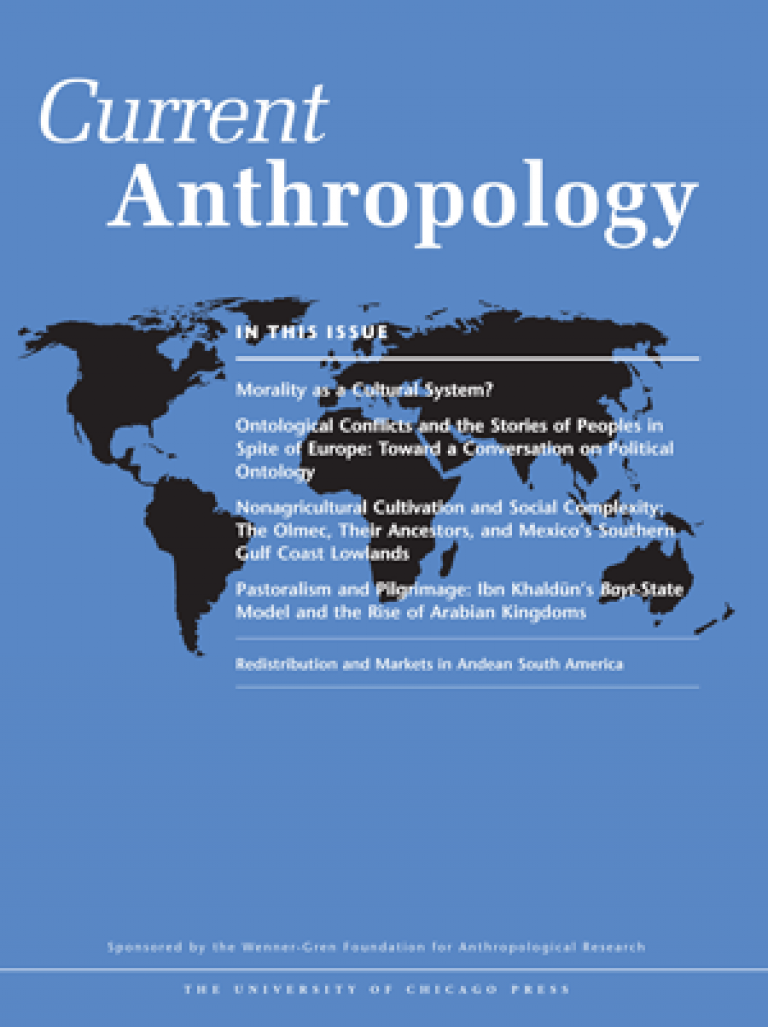Why Do Only Humans Talk?
3 July 2017

At last, scientists have come up with an explanation.
The origins of speech has been one of the great unsolved mysteries of modern science. A new article in Current Anthropology explains why it is that out of 220 primate species we are the only ones that talk.
Speech is not an improvement on the hooting of an ape or the chattering of a monkey. Rather, it is an unprecedented communicative system for navigating within shared virtual worlds - bubbles of communally accepted fiction and narrative.
In a new article from the August issue of Current Anthropology, anthropologists Chris Knight and Jerome Lewis outline a fresh approach to this age-old question. In order to reconstruct how speech first evolved, they piece together the wider context in which it must have emerged. After all, language was not invented by farmers or city-dwellers, but by people who lived by hunting and gathering in Africa.
To solve the mystery, the authors abandon the idea that language can be explained without reference to the many other things which make us human. In this spirit, they embed their insights in a ground-breaking wider theory which focuses on uniquely human patterns of cooperative childcare together with laughter, song, dance and playful ritual. Finally, they attribute the overarching atmosphere of trust required by language to the toppling of primate-style dominance and the remarkable political achievement of egalitarianism.
Jerome Lewis has spent many years conducting fieldwork among the BaYaka Pygmies of the Congo, whose use of speech grades imperceptibly into other forms of vocal communication such as polyphonic singing and the mimicry by hunters of animal cries. Chris Knight has made human cultural origins his lifetime study; he is co-founder of EVOLANG, the main international conference series on the evolution of language.
The article is now available Ahead of Print at Current Anthropology website.
* * *
Current Anthropology is a transnational journal devoted to research on humankind, encompassing the full range of anthropological scholarship on human cultures and on the human and other primate species. The journal is published by The University of Chicago Press and sponsored by the Wenner-Gren Foundation for Anthropological Research. For more information, please see the website: www.journals.uchicago.edu/CA.
 Close
Close

